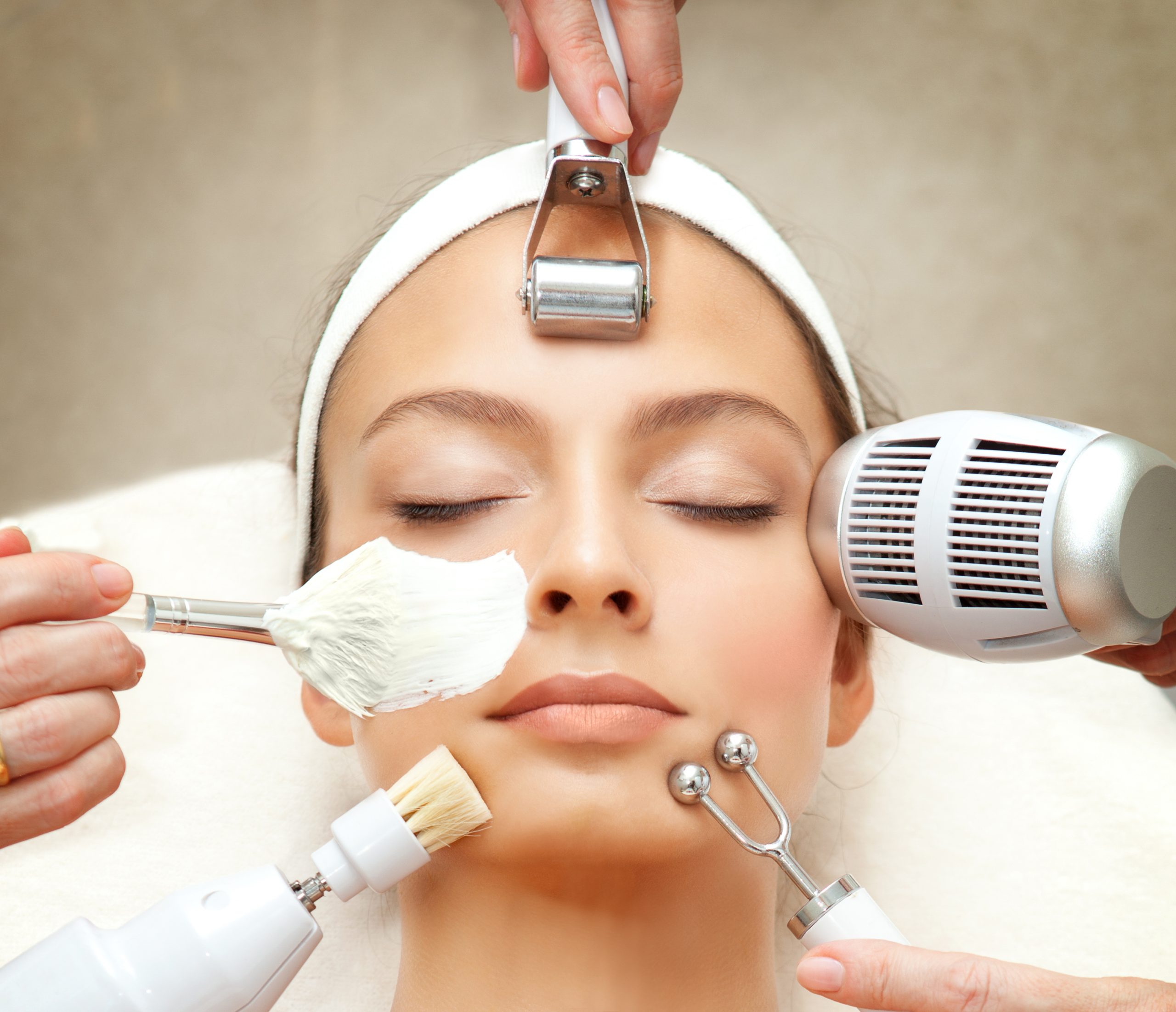Medical aesthetics is a rapidly growing field that combines skincare, beauty, and healthcare. Medical aestheticians play a crucial role in helping clients achieve their aesthetic goals while addressing various skin concerns. Obtaining a medical aesthetician course offers numerous compelling reasons to enter this exciting and rewarding career path.
In-demand career opportunities:
The demand for skilled medical aestheticians is on the rise. As people increasingly prioritize skincare and appearance, the need for professionals who can provide safe and effective treatments continues to grow. Graduates of medical aesthetician courses can explore various career options in medical spas, dermatology clinics, plastic surgery centers, and more.
Diverse skill set:
A medical aesthetician course equips students with a diverse skill set. Beyond traditional skincare treatments, students learn about advanced procedures such as chemical peels, microdermabrasion, laser therapy, and injectables like Botox and dermal fillers. This comprehensive training makes graduates highly versatile and capable of addressing a wide range of skin concerns.
Hands-on experience:
Medical aesthetician courses emphasize hands-on experience. Students practice their skills on real clients, gaining confidence and proficiency in performing treatments. This practical training ensures that graduates are well-prepared to deliver safe and effective services to their future clients.
Client-centric focus:
Medical aesthetics is not just about procedures; it’s about helping clients look and feel their best. Medical aesthetician courses emphasize a client-centric approach, teaching students how to conduct thorough consultations, assess skin conditions, and tailor treatment plans to meet individual client needs.
Understanding of skin health:
Medical aestheticians have a deep understanding of skin health. They learn about skin anatomy, common skin conditions, and effective treatments for issues like acne, rosacea, hyperpigmentation, and aging. This knowledge allows them to recommend evidence-based solutions to clients.
Collaborative opportunities:
Medical aesthetician courses often include collaboration with other healthcare professionals. This exposure allows students to work alongside dermatologists, plastic surgeons, and nurses, fostering interdisciplinary teamwork and expanding career opportunities.
Business and entrepreneurial skills:
Many medical aesthetician courses include business and entrepreneurial training. This equips graduates with the knowledge to manage or start their own practices. They learn about marketing, client retention, and the financial aspects of running a successful aesthetic business.
